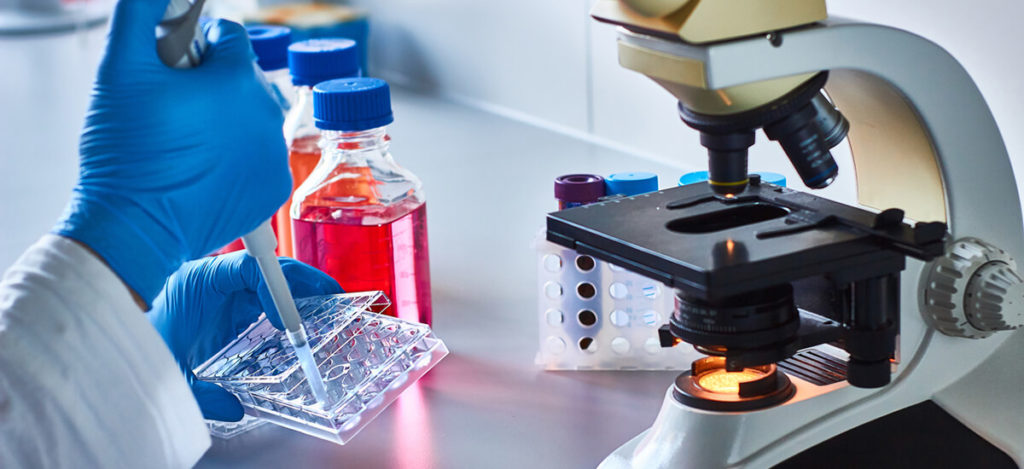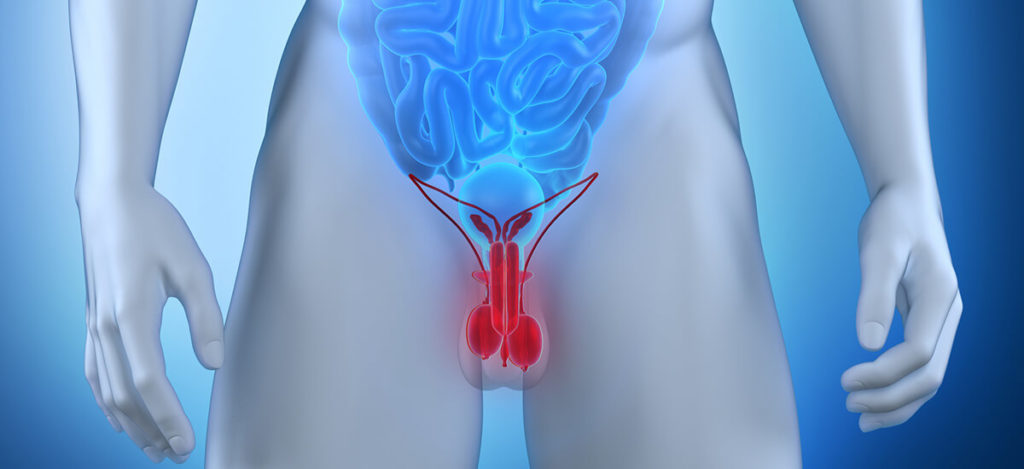RATIONALE: Chemoprevention therapy is the use of certain drugs to try to prevent the development of cancer. The use of selenium may be an effective way to prevent prostate cancer in patients who have neoplasia of the prostate.
PURPOSE: Randomizedphase III trial to study the effectiveness of selenium in preventing prostate cancer in patients who have neoplasia of the prostate.
Condition:
Prostate Cancer
Study Type: Interventional
Study Design: Prevention
Official Title: Phase III Randomized Study of Selenium as Chemoprevention of Prostate Cancer in Patients With High-Grade Prostatic Intraepithelial Neoplasia
Further Study Details:
OBJECTIVES:
Compare the effects of selenium versus placebo on the 3-year incidence rate of prostate cancer in patients with high-grade prostatic intraepithelial neoplasia.
Compare the toxicity of these regimens in these patients.
Compare the effects of these regimens on the rate of increase in prostate-specific antigen (PSA) in these patients.
Compare the effects of these regimens on prostatic cellular proliferation and apoptosis, degradation of basal cell integrity of prostatic ducts, and changes in nuclear chromatin patterns in these patients.
OUTLINE: This is a randomized, double-blind, placebo-controlled, multicenter study. Patients are stratified according to age (40-60 vs 61 and over), race (African American vs other), baseline PSA (less than 4 ng/mL vs 4-10 ng/mL), concurrent vitamin E supplementation (yes vs no), and cores obtained from initial biopsy (10 or more vs less than 10). Patients are randomized to 1 of 2 arms.
Arm I: Patients receive oral selenium once daily.
Arm II: Patients receive oral placebo once daily. Treatment in both arms continues for 3 years in the absence of progression to prostate cancer or unacceptable toxicity.
Patients are followed every 6 months for 2 years and then annually for 8 years.
PROJECTED ACCRUAL: A total of 1,165 patients will be accrued for this study.
Eligibility
Ages Eligible for Study: 40 Years and above, Genders Eligible for Study: Both
Criteria
DISEASE CHARACTERISTICS:
Diagnosis of high-grade intraepithelial neoplasia with no evidence of cancer
Documented by a digital rectal exam and biopsy of the prostate with transrectal ultrasound guidance (required if fewer than 6 cores obtained in biopsy) meeting one of the following conditions:
Biopsy yielded fewer than 10 cores within the past 24 months OR yielded more than 10 cores 6-24 months before study
Biopsy yielded 10 or more cores within the past 6 months
PSA no greater than 10 ng/mL
American Urological Association symptom score of less than 20
Other
At least 30 days since prior daily dietary supplements containing 50 micrograms or more of selenium
No concurrent daily dietary supplements containing 50 micrograms or more of selenium
Jim Marshall, PhD, Study Chair, Roswell Park Cancer Institute
David Jarrard, MD, Study Chair, University of Wisconsin Comprehensive Cancer Center
William Robert Lee, MD, Study Chair, Comprehensive Cancer Center of Wake Forest University
RATIONALE: Chemoprevention therapy is the use of certain drugs to try to prevent the development of cancer. The use of selenium may be an effective way to prevent prostate cancer in patients who have neoplasia of the prostate. PURPOSE: Randomizedphase III trial to study the effectiveness of selenium in preventing prostate cancer in patients who have neoplasia of the prostate. Condition: Prostate CancerStudy Type: InterventionalStudy Design: Prevention Official Title: Phase III Randomized Study of Selenium as Chemoprevention of Prostate Cancer in Patients With High-Grade Prostatic Intraepithelial Neoplasia Further Study Details: OBJECTIVES:Compare the effects of selenium versus placebo on the 3-year incidence rate of prostate cancer in patients with high-grade prostatic intraepithelial neoplasia. Compare the toxicity of these regimens in these patients. Compare the effects of these regimens on the rate of increase in prostate-specific antigen (PSA) in these patients. Compare the effects of these regimens on prostatic cellular proliferation and apoptosis, degradation of basal cell integrity of prostatic ducts, and changes in nuclear chromatin patterns in these patients. OUTLINE: This is a randomized, double-blind, placebo-controlled, multicenter study. Patients are stratified according to age (40-60 vs 61 and over), race (African American vs other), baseline PSA (less than 4 ng/mL vs 4-10 ng/mL), concurrent vitamin E supplementation (yes vs no), and cores obtained from initial biopsy (10 or more vs less than 10). Patients are randomized to 1 of 2 arms. Arm I: Patients receive oral selenium once daily. Arm II: Patients receive oral placebo once daily. Treatment in both arms continues for 3 years in the absence of progression to prostate cancer or unacceptable toxicity. Patients are followed every 6 months for 2 years and then annually for 8 years.PROJECTED ACCRUAL: A total of 1,165 patients will be accrued for this study. Eligibility Ages Eligible for Study: 40 Years and above, Genders Eligible for Study: Both Criteria DISEASE CHARACTERISTICS:Diagnosis of high-grade intraepithelial neoplasia with no evidence of cancer Documented by a digital rectal exam and biopsy of the prostate with transrectal ultrasound guidance (required if fewer than 6 cores obtained in biopsy) meeting one of the following conditions: Biopsy yielded fewer than 10 cores within the past 24 months OR yielded more than 10 cores 6-24 months before study Biopsy yielded 10 or more cores within the past 6 months PSA no greater than 10 ng/mL American Urological Association symptom score of less than 20 OtherAt least 30 days since prior daily dietary supplements containing 50 micrograms or more of selenium No concurrent daily dietary supplements containing 50 micrograms or more of selenium [1] Jim Marshall, PhD, Study Chair, Roswell Park Cancer Institute [2] David Jarrard, MD, Study Chair, University of Wisconsin Comprehensive Cancer Center [3] William Robert Lee, MD, Study Chair, Comprehensive Cancer Center of Wake Forest University
All content and media on the HealthEngine Blog is created and published online for informational purposes only. It is not intended to be a substitute for professional medical advice and should not be relied on as health or personal advice. Always seek the guidance of your doctor or other qualified health professional with any questions you may have regarding your health or a medical condition. Never disregard the advice of a medical professional, or delay in seeking it because of something you have read on this Website. If you think you may have a medical emergency, call your doctor, go to the nearest hospital emergency department, or call the emergency services immediately.







